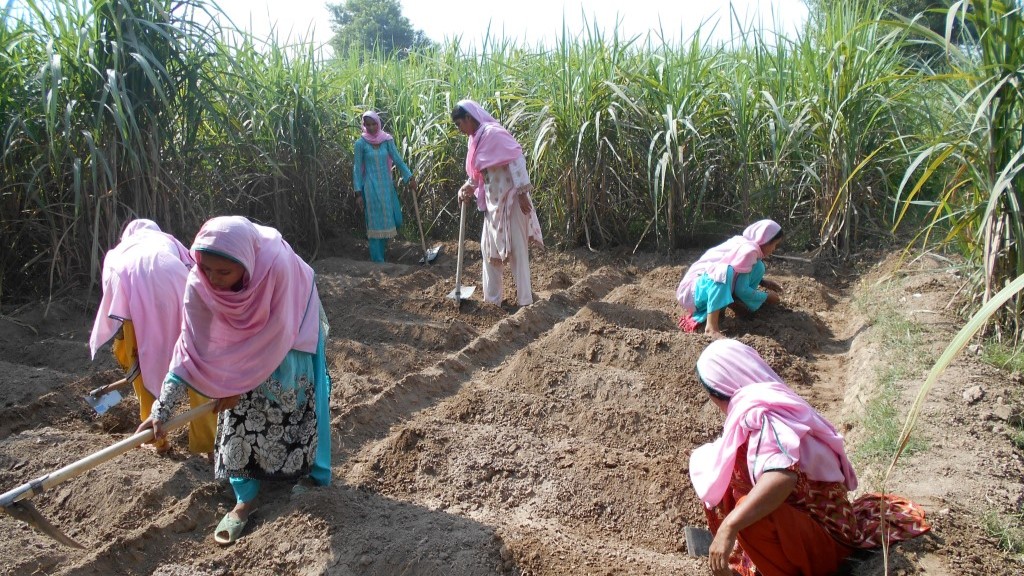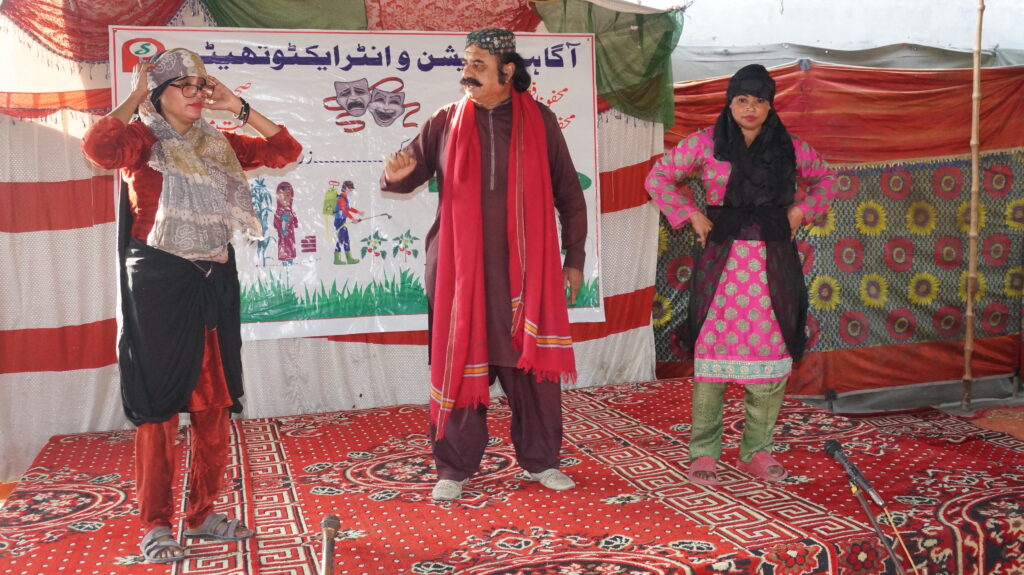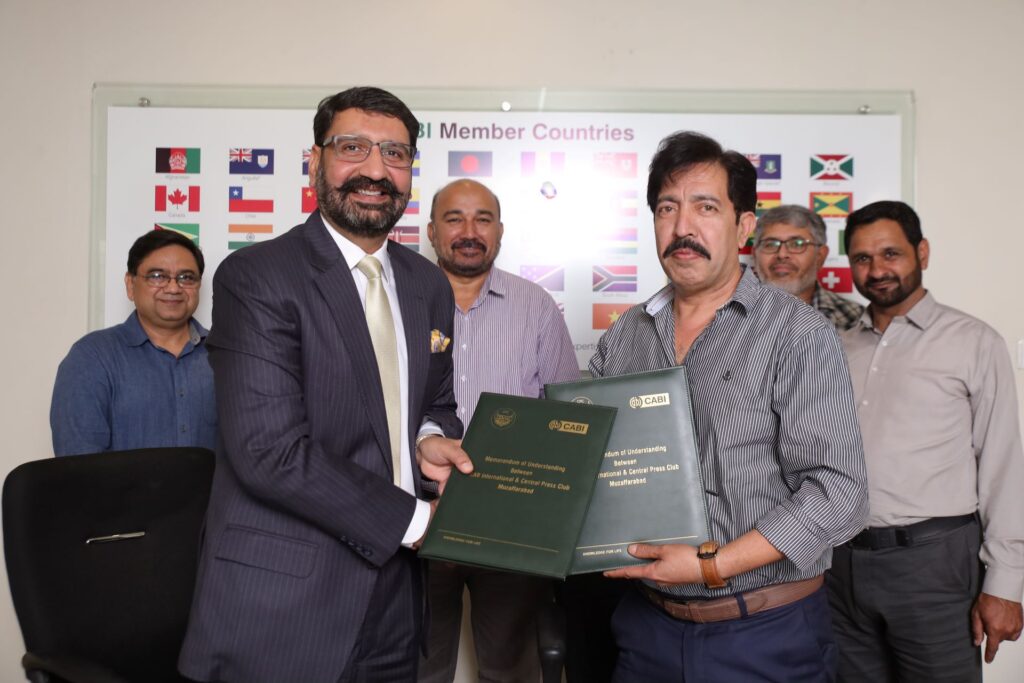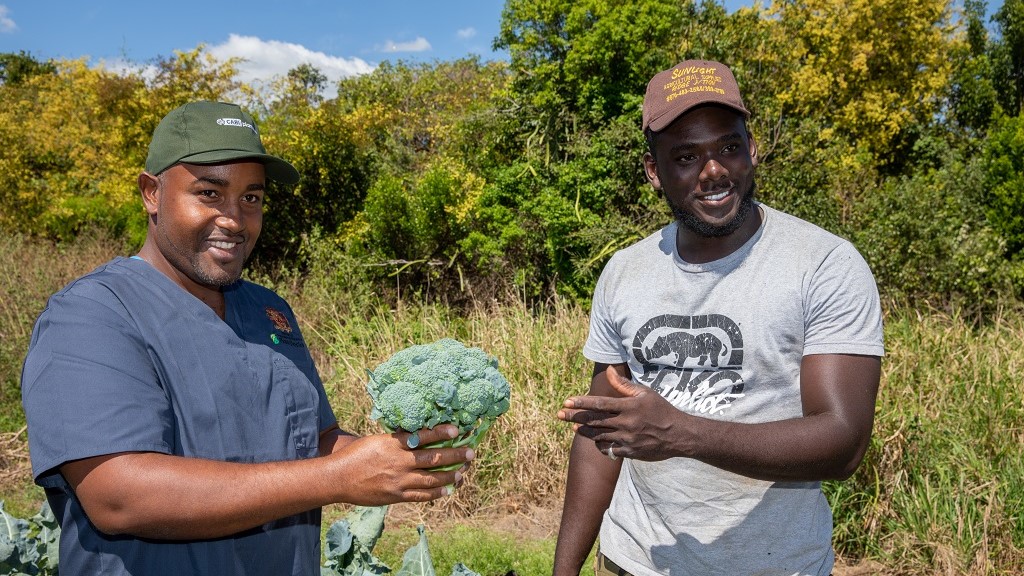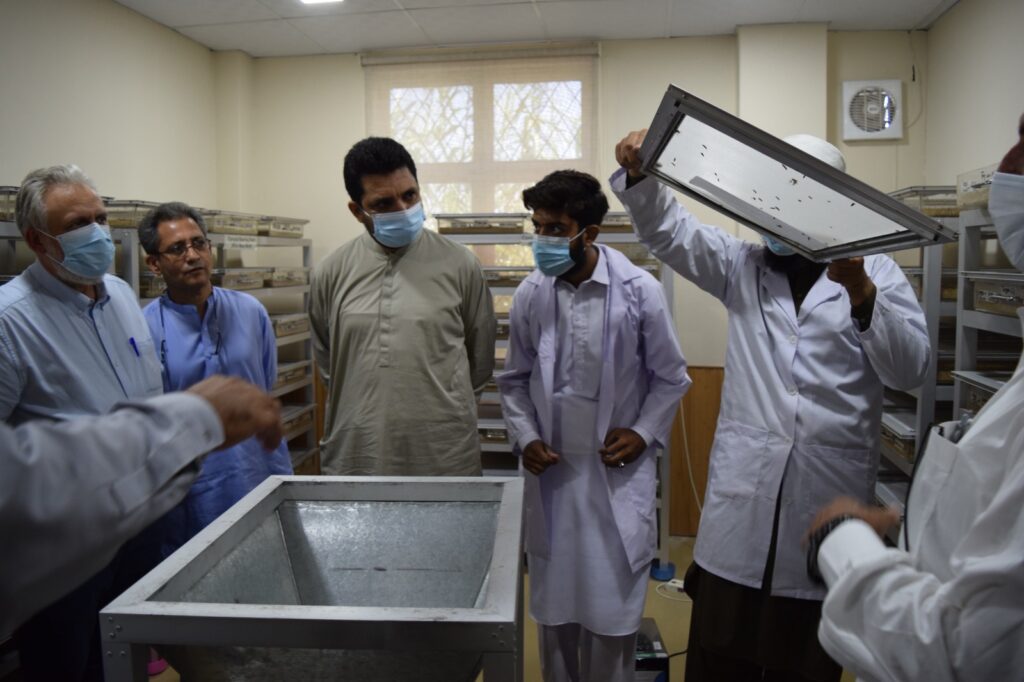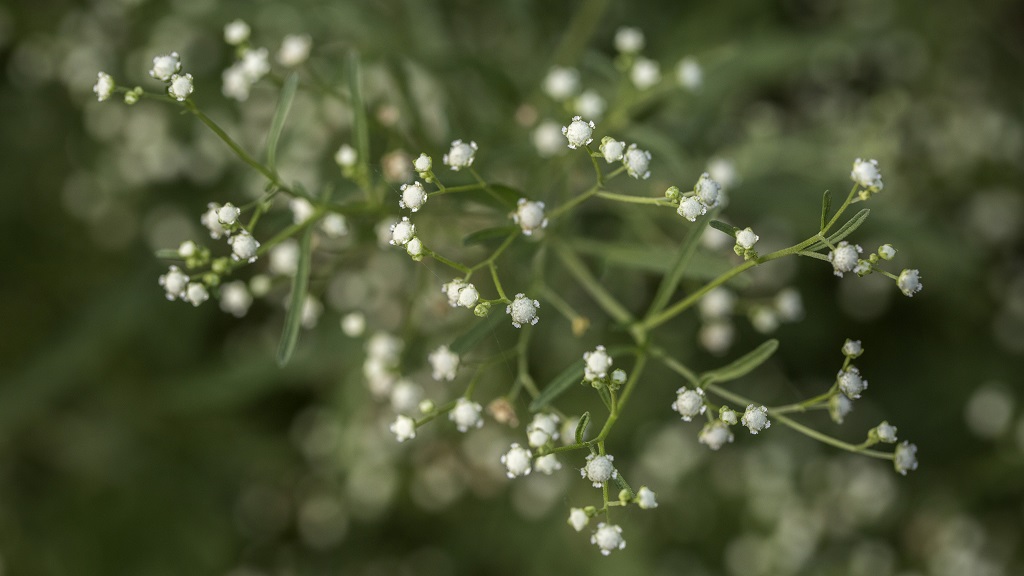Empowering women farmers in Pakistan with pest control knowledge
Women farmers in Pakistan play a central role in the country’s economy. However, many struggle to access essential information about sustainable farming approaches. Women make up nearly 66% of the agricultural workforce in Pakistan. Yet they receive very little agricultural extension advice. This lack of support creates serious challenges, particularly when it comes to managing…
CABI calls for gender equality for rural women in Pakistan
Every year, Rural Women’s Day is celebrated on 15 October. It recognizes the valuable contributions that women living in rural communities make to agriculture, food security and rural development. In Pakistan, this is important. According to Relief Web, Pakistan’s total female population is over 101 million. However, around 64 million women – more than half…
CABI shares important new evidence on the legacy of Plantwise
CABI has published a working paper assessing the legacy of Plantwise programmes in six countries: Nepal, Pakistan, Ghana, Kenya, Malawi, and Jamaica. The paper, entitled Plantwise Sustainability: Two Years on, finds that the sustainability of a Plantwise programme hinges heavily on the country in question. This means that while it is difficult to engineer or…
Trichogramma mass rearing facilities piloted in Pakistan
Championing sustainable agriculture by promoting lower-risk plant protection solutions to tackle crop health challenges is a key objective of CABI’s PlantwisePlus programme. In particular, the managing of plant pests and diseases. A cornerstone of this work is setting up local facilities for the mass rearing of lower-risk plant protection solutions.
Biocontrol agent released to safeguard crops from parthenium weed in Pakistan
Invasive plants can be extremely harmful to crops. “Famine weed” or parthenium is one such plant. Native to tropical America, it was accidentally introduced to several countries. In Pakistan, the weed now covers thousands of hectares of agricultural and rangeland. And it poses an economic burden to farmers.

